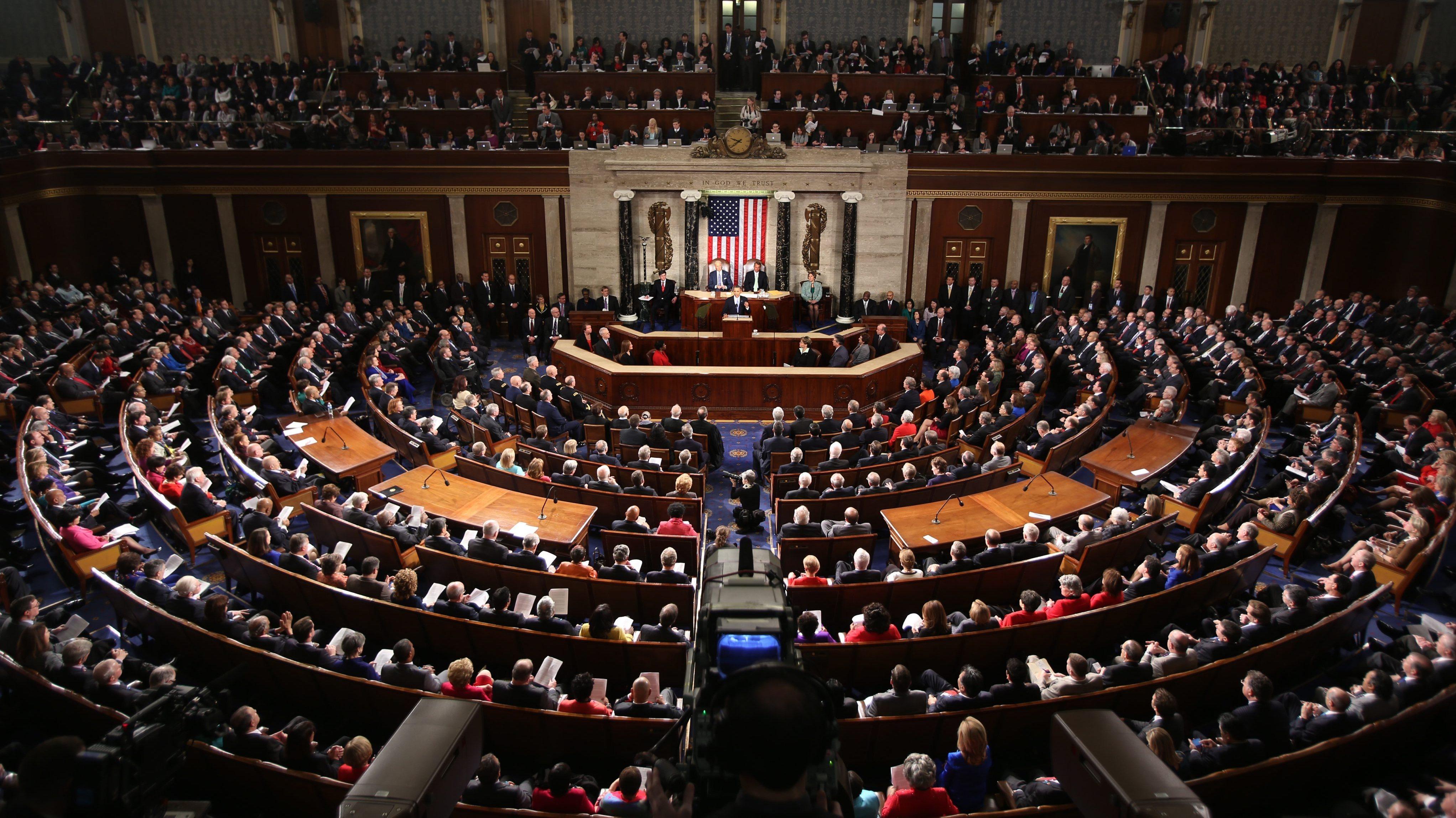Rashida Tlaib beat a crowded Democratic primary field on Tuesday in Michigan’s 13th District, putting her on a clear path to becoming the first Muslim woman elected to Congress.
That is certainly groundbreaking, but it is not that surprising, given the current political climate. The Trump era gave us this moment.
Tlaib is one of several Muslims seeking high-profile political offices, including Minnesota congressional candidate Ilhan Omar and Michigan’s Fayrouz Saad, who lost the crowded 11th District Democratic primary on Tuesday. Abdul El-Sayed unsuccessfully sought the Democratic nomination for governor in Michigan.
Tlaib’s journey from a first-generation college student from a Muslim household to the precipice of Congress — she won’t face a Republican opponent in November — may have been hard for many Americans to imagine just two years ago. In the wake of President Trump’s election, minority groups have found themselves battling words and ideas about their communities that they never foresaw becoming mainstream.
Muslim Americans, in particular, found themselves politicized like never before after a presidential campaign that produced what critics called some of the most anti-Muslim language in history. After years of peddling rumors about Barack Obama’s birthplace that seemed rooted in Islamophobia, Trump called for a “total and complete shutdown of Muslims entering the United States until our country’s representatives can figure out what is going on” in December 2015, a few months after launching his White House bid.
The following year, Tlaib joined a protest when Trump spoke at the Detroit Economic Club. In a Detroit Free Press op-ed, she wrote about the thoughts she had while Trump was speaking: "The titles that ran through my mind were: American, parent, Muslim, Arab-American, and woman. As I thought about my identities, I felt more and more that confronting Trump was the most patriotic and courageous act I could pursue.”
A year later, Muslim Americans expressed frustration at the direction of the country under Trump’s presidency. According to a 2017 Pew Research Center survey:
A majority (68 percent) of U.S. Muslims say Trump makes them feel worried, and fully 45 percent say Trump makes them feel angry. On the other hand, some do say Trump makes them feel hopeful (26 percent) or happy (17 percent). Trump evokes similar levels of worry (60 percent) and anger (39 percent) among the general public as he does among Muslims, although Americans overall are more likely than Muslims to say Trump makes them feel hopeful (40 percent) or happy (30 percent).
And when controlled for women, the numbers are even more unfavorable.
About 76 percent of Muslim women said Trump worries them. And more than half — 54 percent — of Muslim women said Trump makes them feel angry. Those worries and anger seem to be driving many American Muslims toward political action.
“Today, Muslim Americans are more eager to emerge and refuse to remain silent,” Donya Nasser, who advocates for Muslims and women, told the Fix. “We are demanding to be heard and to have a seat at the table because this president has been speaking for us and intentionally leaving us out, basically sending us a ‘You can’t sit with us’ message . . . We are more empowered to make change because now we have our commander in chief trying to tell us we do not belong and we are not equals.”
Eugene Scott writes about identity politics for The Fix. He was previously a breaking news reporter at CNN Politics. [Source: The Washington Post, August 8, 2018]










Comments powered by CComment